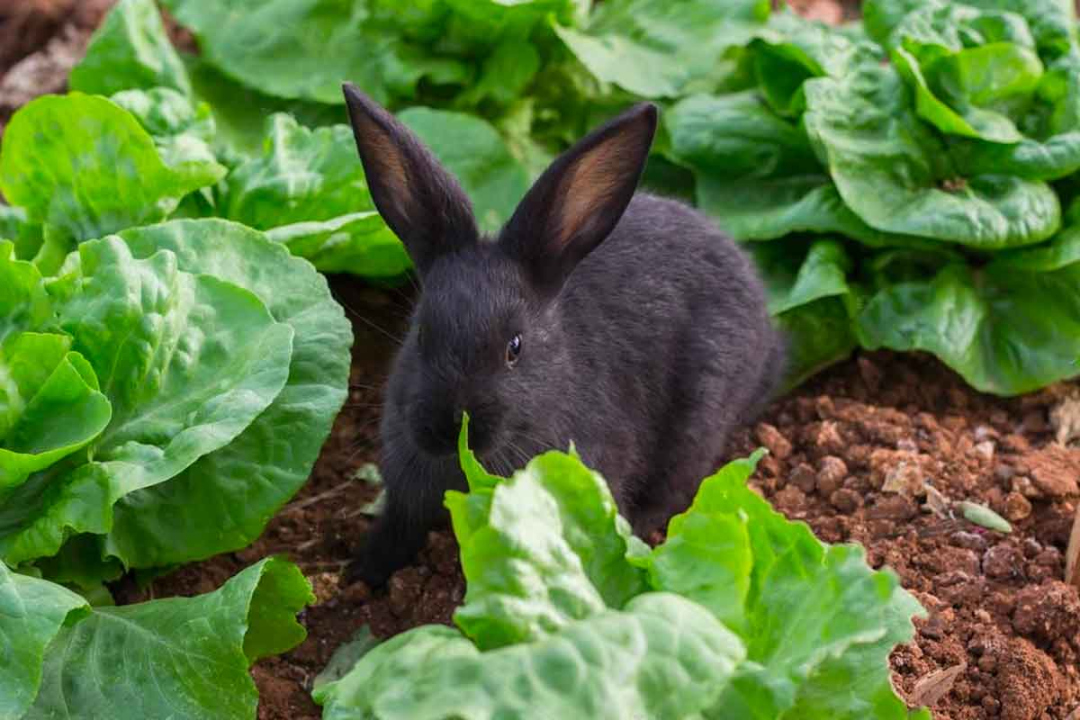Do Rabbits Eat Cabbage?
Rabbits are herbivorous animals that primarily feed on plants and vegetation. They have a diverse diet that includes a variety of leafy greens, vegetables, and even fruits. One common vegetable that many people wonder if rabbits can eat is cabbage.

1. Can Rabbits Eat Cabbage?
Yes, rabbits can eat cabbage. It is safe and healthy for rabbits to consume cabbage in moderate amounts. Cabbage is a leafy green vegetable that provides several essential nutrients for rabbits, including vitamin C, vitamin K, and dietary fiber. However, it is important to note that while cabbage is generally safe for rabbits, it should be given in moderation to avoid any digestive issues.
2. Nutritional Benefits of Cabbage for Rabbits
Cabbage is a nutritious vegetable that can offer several health benefits to rabbits. Here are some of the key nutrients found in cabbage:
- Vitamin C: Cabbage is a great source of vitamin C, which is essential for the overall health and well-being of rabbits. Vitamin C helps in the formation of collagen, boosts the immune system, and aids in the absorption of iron.
- Vitamin K: Cabbage is also rich in vitamin K, which plays a crucial role in blood clotting and bone health.
- Dietary Fiber: Cabbage contains dietary fiber, which promotes healthy digestion and helps prevent gastrointestinal issues in rabbits.
- Water Content: Cabbage has a high water content, which helps keep rabbits hydrated and supports their overall hydration needs.
3. How to Feed Cabbage to Rabbits
When feeding cabbage to rabbits, it is important to follow these guidelines:
- Moderation: Cabbage should be given in moderation as a treat, rather than a staple food. Too much cabbage can lead to digestive problems such as gas and diarrhea. It is best to introduce cabbage gradually into a rabbit’s diet and observe its reaction.
- Washing: Always wash cabbage thoroughly before feeding it to rabbits to remove any dirt, pesticides, or harmful chemicals that might be present on the leaves.
- Cutting: Cut the cabbage into small, bite-sized pieces to make it easier for rabbits to chew and digest.
- Variety: It is important to provide a varied diet for rabbits. While cabbage can be offered occasionally, it should not replace other essential foods such as hay and fresh water.
It is important to note that while cabbage is safe for rabbits in moderation, some rabbits may have individual sensitivities or allergies. Always monitor your rabbit closely when introducing new foods and consult a veterinarian if you notice any unusual symptoms or reactions.
Frequently Asked Questions (FAQs)
Can rabbits eat all types of cabbage?
Yes, rabbits can eat various types of cabbage, including green cabbage, red cabbage, and savoy cabbage. However, it is important to introduce new types of cabbage gradually and monitor your rabbit’s reaction.
Can rabbits eat cabbage leaves?
Yes, rabbits can eat cabbage leaves. In fact, the leaves are the most nutritious part of the cabbage plant. Just make sure to wash the leaves thoroughly before feeding them to your rabbit.
Can rabbits eat cabbage stalks?
Rabbits can eat cabbage stalks, but they are usually harder and less palatable compared to the leaves. It is best to offer the leaves and only provide the stalks in small amounts.
Can rabbits eat cooked cabbage?
No, rabbits should not be fed cooked cabbage. Cooking alters the nutritional composition of cabbage, and some cooking methods may introduce harmful additives or seasoning that can be toxic to rabbits. Stick to feeding raw cabbage to your furry friend.
In conclusion, rabbits can eat cabbage in moderation. Cabbage provides several essential nutrients and can be a healthy addition to a rabbit’s diet. However, it is important to introduce cabbage gradually, wash it thoroughly, and offer it as a treat alongside a balanced diet of hay, fresh water, and other vegetables.
Related Articles…
Copyright Notice:
All images featured on this site are sourced from the internet, copyrights belong to respective owners. Should you own any image and require it to be removed, please contact us.